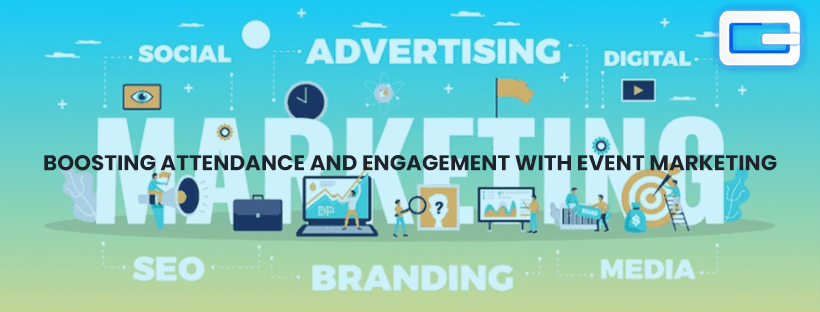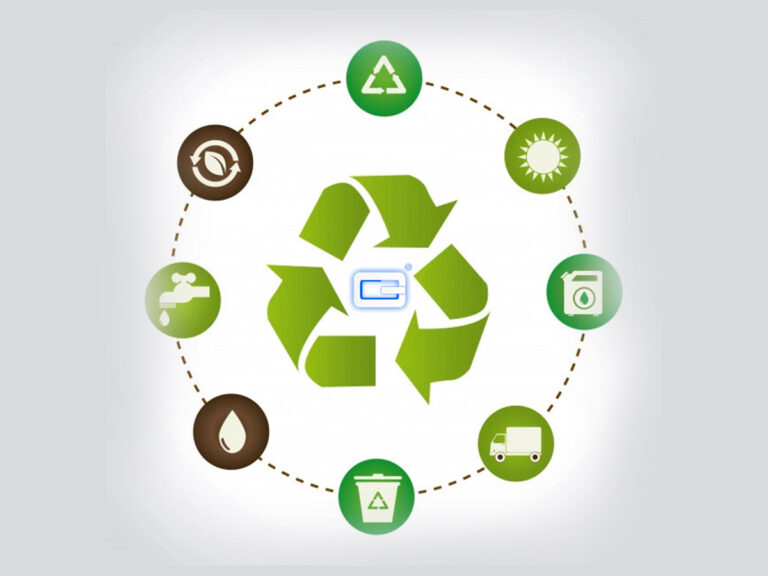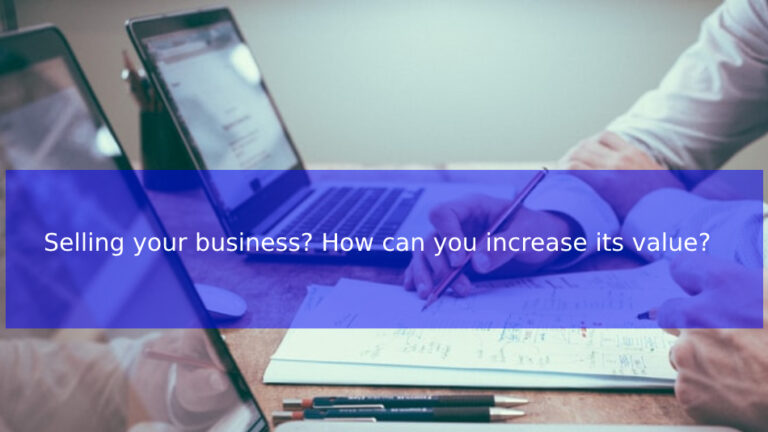Event marketing is an outbound marketing process that promotes a particular event, like a product launch, conference, showcase event, expo, etc. Be it any of these events, event marketing aims to reach the maximum target audiences, create awareness of the event and the brand or the host, increase attendance and engagement, and, most importantly, drive lead generation. Among these goals, most event marketers find boosting attendance and engagement the most challenging goal.
As a leading event organizing and management service provider in the industry, GBCorp feels responsible for helping and educating event marketers like you about the different event marketing strategies and what a successful event marketing approach is so that you can overcome challenges with ease.
A successful event marketing approach
Event marketing strategies can be successful only if you follow the right approach to implementing them. A right event marketing strategy with a wrong approach will not lead to the fruitful results you desire. Hence, ensure you follow the widely accepted successful event marketing approach to implementing any event marketing strategy you choose.
Step 1: Define your target audience for the event.
Step 2: Identify where or on which channel they spend more time.
Step 3: Target them with the event marketing strategy you chose.
Step 4: Create, publish, and validate content communications consistently.
Step 5: Based on the results, improve the existing content.
By doing so, you not only improve event attendance but also drive successful lead generation, which is the expected final result after conducting an event.
The top seven event marketing strategies to boost event attendance or engagement
- Leverage the power of social media channels
Create viral content around your event and promote it on social media to bring in some hype among the target audiences. You can share customized content on every channel, like publishing behind-the-scenes on Instagram and agendas on LinkedIn.
- Drive email marketing campaigns
Email marketing is a great way to send personalized communications as per the audience segments, identify the audience interests and participation probability, hook potential attendees with compelling content, etc.
- Integrate gamification into event marketing
Gamification is an effective way to engage audiences and enable them to explore the ins and outs of the event by themselves. Quizzes, contests, and spinning the wheel are unique ways to integrate gamification and keep up the excitement for the event.
- Partnering with influencers
Partnering with influencers in the event niche can give your event more reach and credibility. This way, audiences can easily resonate with your stories and increase participation.
- Provide early-bird offers and discounts
Early bird offers are quintessential for promoting any event, as people get averted by phrases like discounts, early bird, first comer, referral bonus, cash back, etc.
- Build a potential online community
Bridging the networking between your event hosts (speakers or guests) and the attendees is a great way to boost event engagement. Also, this creates an online community for the event in particular and can be used to know the interests of attendees without much effort.
- Take advantage of video marketing
Videos are more effective than verbal content. Hence, in your event marketing, including teaser videos, trailers, reminder shorts, highlight videos, interview snippets, etc.
How about event marketing for a virtual event?
In the case of a virtual event, the easiest and most effective weapon in the arsenal is email marketing. Apart from just communicating what the event is all about, who is hosting the event online, etc., you can effectively increase attendance and engagement by integrating the following ideas into your event email campaigns:
- Create value for the event by introducing excitement or hooking the target audiences.
- Personalize the email campaigns with unique details to portray their importance.
- Bring in urgencies with limited deals, registration deadlines, etc.
- Include useful and attractive data, like fun facts, FAQs, metrics that matter, etc.
- Build a story around the event to make them sit at the edge of their seats.
- Above all, thank them for their participation so far.




